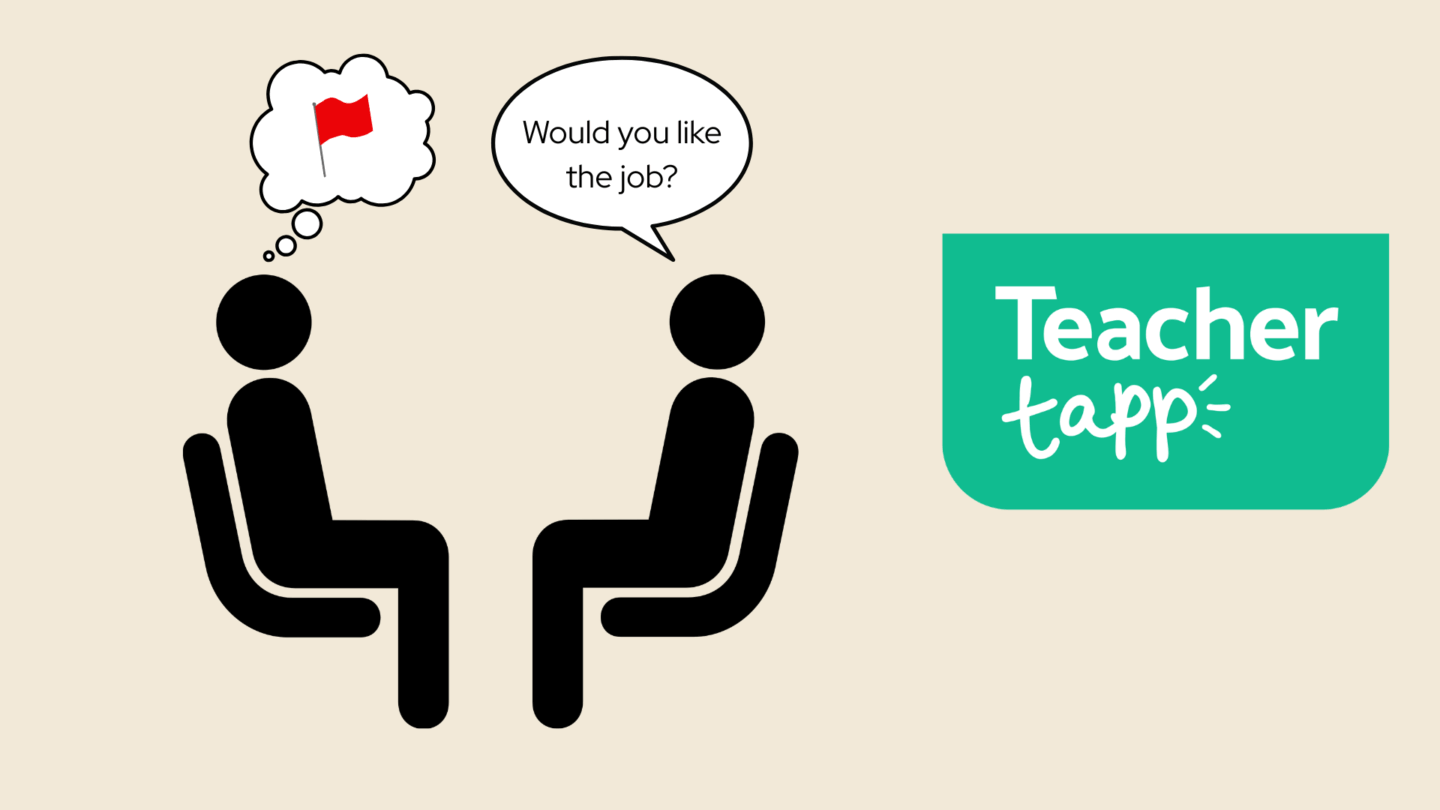The Independent recently reported that a record number of teachers called the Education Support Partnership helpline between April 2018 and March 2019. The helpline was established to provide counselling for education staff experiencing mental health problems. As the government has repeatedly failed to meet recruitment targets for new teachers in recent years and increasing numbers are choosing to leave the profession, the diminishing mental health of education staff is a serious concern.
Our schools are already facing a “severe shortage” of teachers. In a recent Teacher Tapp survey, 69% of respondents disagreed (to varying degrees) that the stress levels they experience are acceptable for the job they do.
But why is mental health such an issue for teachers today and what can teachers do to look after their own wellbeing?
Why Is Mental Health Such an Issue for School Teachers Today?
The expectations placed on teachers have extended beyond planning lessons, leading classes, marking, and playground duties. There is an increasing demand for data collection and reporting, in addition to a host of responsibilities that were not explicitly part of a teacher’s role a decade ago, such as monitoring pupil wellbeing. Many teachers who suffer “burnout” and leave the profession blame this ever-increasing workload and resulting stress. In a recent Teacher Tapp survey, 77% of those who took part stated “workload and work-life balance” as the cause of stress and unhappiness at work.
The majority of teachers we polled start the school day long before people in other professions have even heard the alarm go off.
While the long holidays are viewed by most as a benefit of teaching, school holidays also mean that a lot of teachers cram their annual work hours into shorter periods of time, which can be an intense and stressful way to work. And it doesn’t get any easier with time and experience.
The impact of high stress levels is exacerbated when people feel unable to take the time off they need to rest and recover. Although many of the teachers we surveyed feel that being in the classroom is stressful “most of the time”, they seem to be more likely to struggle into work rather than take time off. Those who feel the most stress are the least likely to call in sick.
What Is the Impact of Poor Mental Health in Teaching?
A teacher suffering from mental health stresses of any nature will probably find it difficult to give their best in the classroom. This dip in teaching standards is likely to negatively impact the learning experience and student progress. Staff absences due to mental health issues will also add to the workload of other teachers and may result in larger classes, with teachers required to cover classes as well as teach their own.
An increase in the number of people leaving the profession due to mental health issues will only exacerbate the existing teaching shortage, as retention and recruitment will become even more challenging.
What Can Teachers Do to Maintain Positive Mental Health?
As the majority of the issues that lead to poor mental health seem to be workload related, changes must be made by the government and school leaders to protect the wellbeing of teachers. However, there are some steps teachers can take to protect their own mental health and make sure they continue being great teachers.
Learn to switch off — It can be incredibly hard to leave work behind you and enjoy your free time. A staggering 53% of teachers polled by Teacher Tapp said they had dreamed about school in the last week at least once. This means you’re not even switching off from work when you sleep!
Yet time away is essential, and we know that teachers often do enjoy hobbies (especially reading!)
If you struggle to find the time or energy to make time for yourself, try planning your free time as you do your work. Put things in your diary and commit to them. Book an exercise class or make arrangements with a friend. It’s harder to let someone down and easier to stick to the plans you’ve already made — even when you’re tired. If you have nothing in the diary, it’s far too tempting to keep writing lesson plans until bedtime. Make non-work activities part of your routine.
Allow yourself time off if you’re ill — Despite soaring stress levels, many teachers drag themselves into work even when they’re too unwell to be there. It may seem like you’re doing the “right” thing — not letting anyone down and keeping on top of your workload — but in the long run, everybody will suffer if your health issues persist or become more severe. An unhealthy teacher is rarely an effective teacher. If you find it hard to call in sick, prepare a short handover email to send in after your call. You can highlight any important tasks that need to be completed or share a few useful pointers to help whoever will be covering your class. This will take minutes, but it can ease your “guilt” over staying in bed.
Communicate — Sometimes, it’s good to vent, especially to colleagues who truly understand the position you’re in. If you’re feeling stressed or unhappy at work, talk to a colleague. Of course, it’s important to be mindful of professional etiquette, but talking through a problem could bring your stress levels right down and enable you to carry on with your day. If you’re really struggling and have genuine concerns or complaints about your workload or other issues, it’s important that you raise them with senior staff. It may be that you bring an issue to their attention that they were unaware of but have an easy solution for. If you’re a member of a Senior Leadership Team (SLT), make sure you communicate realistic expectations to teachers. The more a teacher feels their manager has unrealistic expectations of them, the more likely they are to take time off sick.
Don’t let poor mental health escalate — Prevention is the best cure. Busy teachers have a tendency to keep going until they hit the breaking point. Getting healthy from this point is much harder than continually monitoring and maintaining your wellbeing and nipping issues in the bud when they arise. Get informed about mental health and learn the early signs of stress, depression and anxiety. If you sense you’re heading down an unhealthy route, take steps to remedy the situation or seek help before the issue escalates. Most schools will be able to signpost you to, if not provide, the support you need.
What Is the Government Doing to Help?
The national teacher shortage has prompted the government to start looking into the causes of problems with recruitment and retention. In March, the Education Secretary, Damian Hinds, announced the launch of an expert advisory group dedicated to researching ways to better support teachers and school leaders and help them cope with the pressures of the role. This builds on Mr Hinds’ integrated strategy for recruiting and retaining more teachers. His ambition is to “transform the day-to-day experiences of teachers, and …create a positive, supportive culture in schools.” Such transformation is certainly needed if we are to stem the flow of teachers burning out and leaving the profession.












